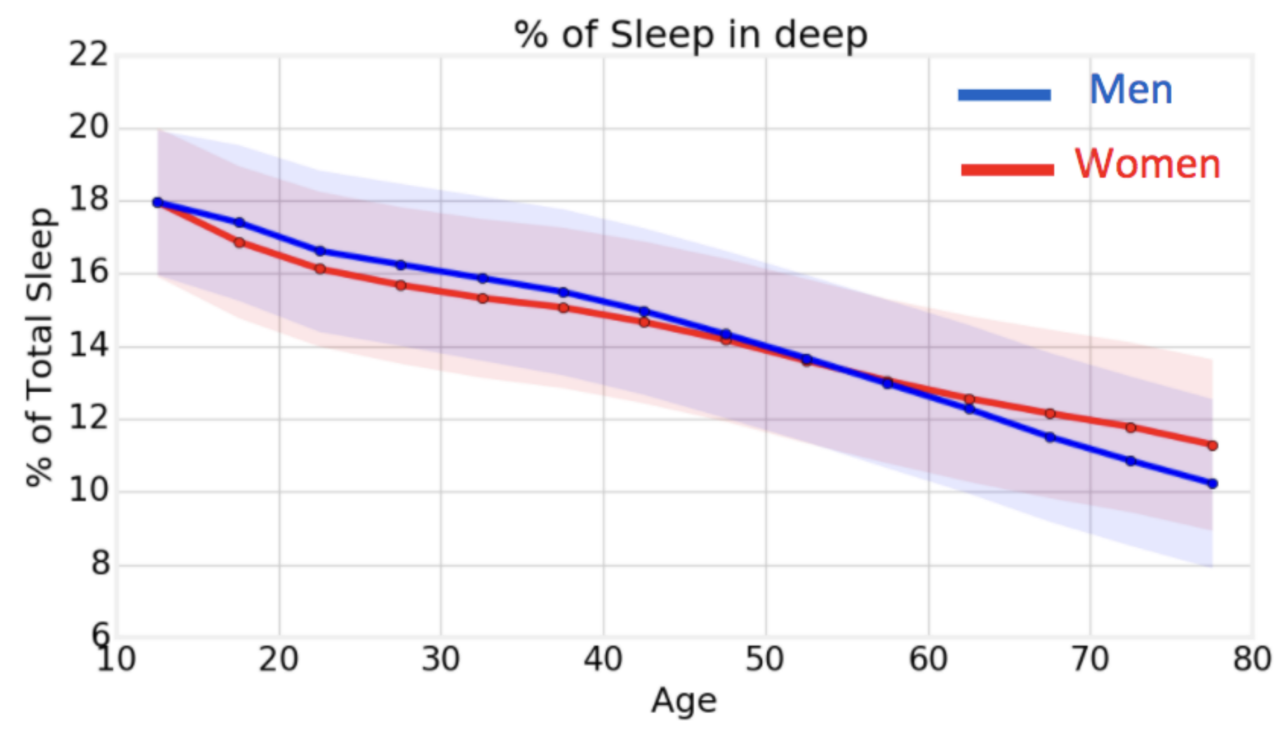
Congratulations! You've identified the amount of sleep that you need. If you continue going to bed at the same time and allowing your body to wake up naturally, you will eventually establish a pattern of sleeping essentially the same amount of time each night, probably in the range of 7 to 9 hours. Chances are that for the first few days or week you will sleep longer because you'll be paying off your "sleep debt"-the amount of sleep deprivation that you've accumulated over a period of time. Take a Sleep VacationĪnother method for determining your sleep need is to take a "sleep vacation." During a two-week period, when you have a flexible schedule or perhaps are on vacation, pick a consistent bedtime and do not use an alarm clock to wake up. If you need more help to improve your sleep, refer to Adopt Good Sleep Habits and Address Your Sleep Issues.įollow this link to print out a Sleep Diary. Just keeping track of your sleep in this way may help improve your situation. In addition, noting how you feel upon awakening (refreshed or tired), and how you feel at different times of the day will enable you to become more aware of your patterns, and help you determine if you are getting adequate sleep. It includes the time you go to bed, the time you wake up, your total hours of sleep, and whether you had any nighttime awakenings (and if so, how long you were awake) and any daytime naps. The information that you will record in the sleep diary is simple and straightforward. Used in sleep research and clinical settings, a sleep diary is a handy reference to help people become familiar with their own natural patterns of sleep and wakefulness. Keep a Sleep DiaryĪ very helpful tool to track your sleep time and patterns is a sleep diary. Paying attention to your body's cues for sleep is the first step toward figuring out if you are meeting your sleep needs, or if you are sleep deprived or suffering from a sleep disorder (or possibly both). Ask yourself: "How tired do I feel during the daytime? When do I feel most alert? When does fatigue set in?" Even moments of sleepiness that you may think of as routine, for instance, falling asleep on the subway on the way to work, or during a lecture, are likely a sign that you are not getting enough sleep. The first step in determining your need for sleep is through self-evaluation. Sleep needs and patterns of sleep and wakefulness are not the same for everyone.

2 How can you tell if your sleep is adequate and meets your needs? Sleep scientists and physicians have a variety of methods to help determine if you are getting enough sleep. Adults (18 years to the end of life) – 7.5 to 8.5 hours 1Įven without considering genetics and age, the National Sleep Foundation's 2008 Sleep in America poll found that many adults are apparently not meeting their sleep needs, sleeping an average of only 6 hours and 40 minutes during the week, and about 7.5 hours on the weekends.Adolescents (12 to 18 years) – 8.5 to 9.5 hours.School-aged children (5 to 12 years) – 10 to 11 hours.Preschoolers (3 to 5 years) – 11 to 13 hours.Toddlers (1 to 3 years) – 12 to 14 hours.Infants (3 to 11 months) – 10 to 14 hours.Newborns (1 to 2 months) – 10.5 to 18 hours.

Generally, sleep needs during a 24-hour period follow this pattern: This is true from young adulthood through late in life, though many older people have difficulty sleeping in a single block of time each night. The majority of healthy adults require between 7.5 to 8.5 hours per 24-hour period. Although our internal clock is set to approximately 24 hours, if your clock runs faster than 24 hours, you tend to be a "lark" and wake up early if your clock runs more slowly, you tend to be an "owl" and go to bed later. Our internal biological clock, which regulates the cycling of many functions including the sleep/wake cycle, can vary slightly from individual to individual. Genetics plays a role in both the amount of sleep a person needs, as well as his or her preference for waking up early (these are the so-called "larks," or morning-type individuals) or staying up late (these are the "owls," or evening-type people). The amount of sleep that a healthy individual needs is largely determined by two factors: genetics and age.


 0 kommentar(er)
0 kommentar(er)
